Plastic pollution has become a global environmental crisis, with devastating impacts on marine life and ecosystems. In recent years, many countries have taken steps to reduce the consumption and disposal of plastic waste. Europe, in particular, has been at the forefront of implementing strict plastic policies to combat this issue.
European countries have been actively working towards reducing their reliance on single-use plastics and promoting more sustainable alternatives. The European Union (EU) has implemented several directives and regulations to tackle the plastic problem, aiming to minimize the negative environmental and health effects associated with plastic waste.
One of the most significant steps taken by the EU is the Single-Use Plastics Directive, which came into effect in July 2021. This directive bans a wide range of single-use plastic items, such as plastic cutlery, plates, and straws. It also sets specific reduction targets for plastic beverage bottles and introduces extended producer responsibility schemes to hold manufacturers accountable for the lifecycle of their products.
The EU’s plastic policies go beyond merely banning certain plastic items. The Circular Economy Action Plan, adopted in 2020, aims to establish a circular economy for plastics, where plastic waste is minimized, and the value of plastic products and materials is preserved. This involves promoting recycling, improving waste management systems, and encouraging the use of recycled plastics in new products.
While the plastic policy in Europe is undoubtedly a significant step towards addressing the plastic pollution crisis, challenges remain. Implementation and enforcement of these policies at the national level can vary, and there is a need for continued efforts to educate the public about the importance of reducing plastic consumption and promoting sustainable alternatives.
- Understanding the Plastic Policy in Europe
- EU Single-Use Plastics Directive
- National Plastic Bans
- Overview of Plastic Consumption and Waste in Europe
- Plastic Consumption in Europe
- Plastic Waste Generation and Management
- Challenges and Future Outlook
- Current Plastic Regulations in Europe
- EU Single-Use Plastics Directive
- Plastic Bag Bans
- Other Plastic Waste Reduction Measures
- Q&A:
- Is plastic banned in Europe?
- What is the plastic policy in Europe?
- Which single-use plastic items are banned in Europe?
- What measures are being taken to reduce plastic waste in Europe?
- Are there any penalties for not complying with the plastic policy in Europe?
Understanding the Plastic Policy in Europe
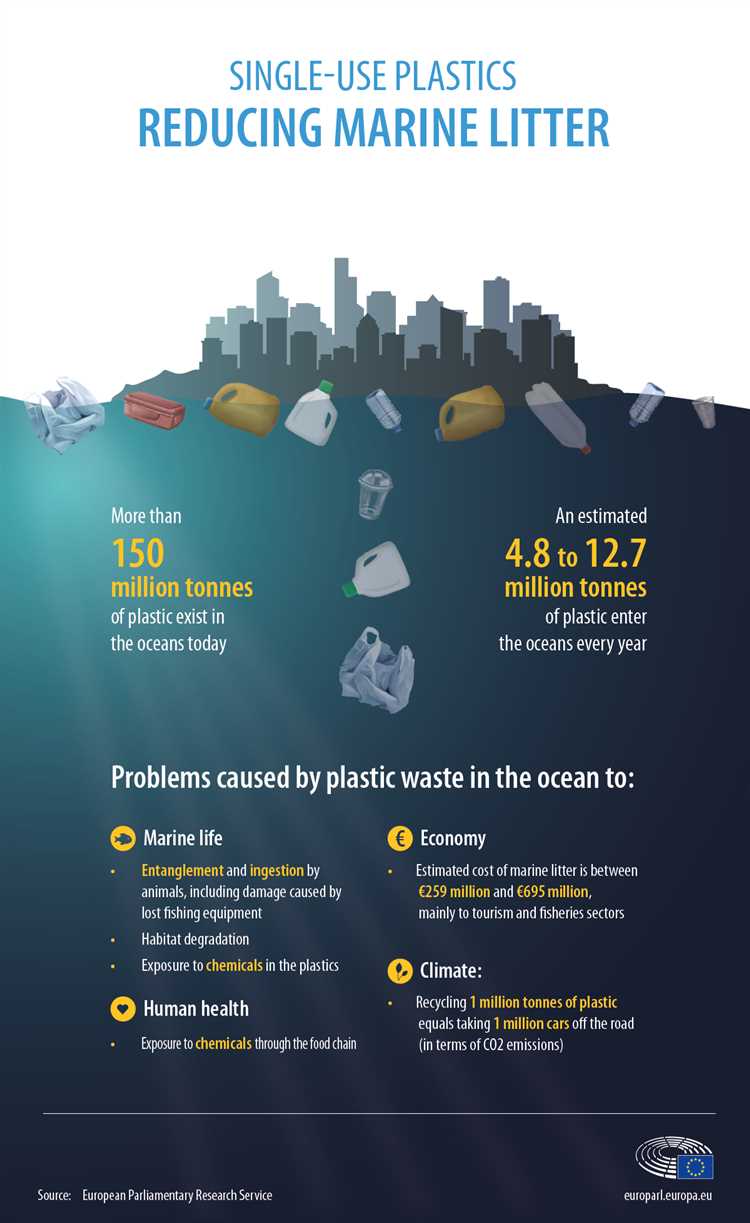
Europe has been at the forefront of efforts to tackle the global plastic pollution crisis. In recent years, there has been a growing recognition of the environmental and health impacts of single-use plastics, leading to the implementation of various plastic policies across the continent.
EU Single-Use Plastics Directive
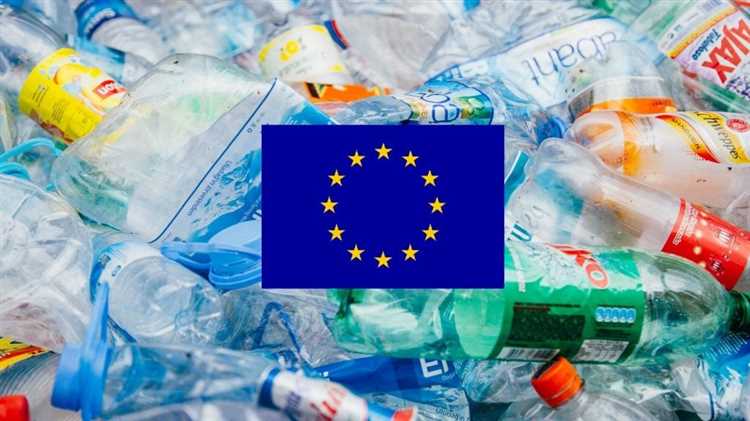
The European Union (EU) has taken a leadership role in regulating plastic waste with the introduction of the Single-Use Plastics Directive. This directive aims to reduce the impact of certain single-use plastic products on the environment, particularly the marine environment. It includes measures such as banning certain items like plastic cutlery, straws, and cotton buds, and implementing extended producer responsibility schemes for other plastic products.
National Plastic Bans
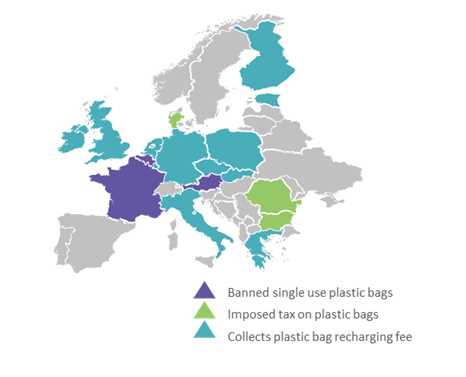
In addition to the EU directive, individual European countries have also implemented their own plastic bans and regulations. For example, France has banned plastic bags and has imposed restrictions on plastic cutlery and plates. The United Kingdom has banned the production, sale, and distribution of plastic cotton buds, stirrers, and straws. Other countries, such as Italy, have implemented measures to phase out single-use plastics in certain sectors, like the food and beverage industry.
These national bans and regulations complement the EU directive, creating a comprehensive approach to tackling plastic pollution within Europe.
Transition to Sustainable Alternatives
The goal of the plastic policies in Europe is not only to reduce plastic waste but also to encourage the transition to more sustainable alternatives. This includes promoting the use of reusable products, such as refillable bottles and bags, and encouraging the development and use of eco-friendly materials.
It is important to note that plastic bans and regulations do not completely eliminate the use of plastic, as there are still essential applications for plastic in certain industries. However, the aim is to reduce plastic consumption and promote more responsible use and disposal practices.
In conclusion, Europe’s plastic policy aims to address the environmental and health impacts of plastic pollution through a combination of EU and national bans and regulations. By implementing these measures and promoting sustainable alternatives, Europe is taking significant steps toward a more plastic-free future.
Overview of Plastic Consumption and Waste in Europe
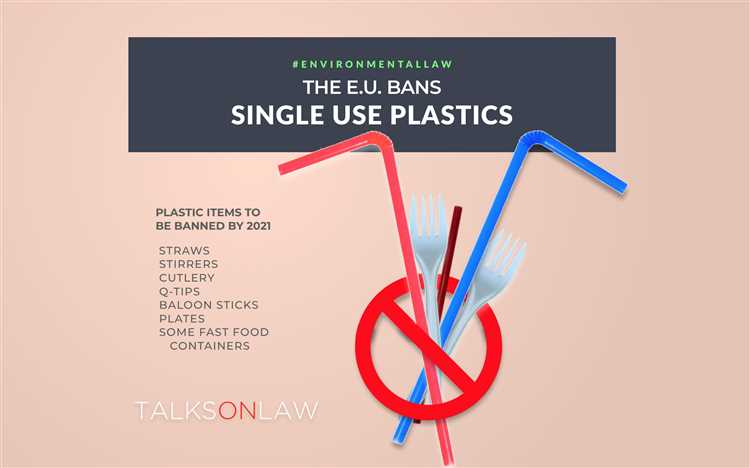
Plastic consumption and waste have become pressing issues in Europe, as the continent faces the environmental challenges posed by plastic pollution. The high levels of plastic consumption contribute significantly to the growing problem of plastic waste and litter.
Plastic Consumption in Europe
Europe is one of the largest consumers of plastic globally. The region accounts for a significant proportion of the world’s plastic consumption, driven by various industries and sectors such as packaging, construction, and automotive.
The packaging industry, in particular, is a major contributor to plastic consumption in Europe. The demand for plastic packaging continues to rise due to its convenience and low-cost nature. Single-use plastics, such as bottles, bags, and food containers, are commonly used in the region, adding to the overall plastic consumption.
Plastic Waste Generation and Management
The high levels of plastic consumption in Europe result in the generation of a substantial amount of plastic waste. Improper disposal and ineffective waste management systems exacerbate the problem, leading to plastic pollution in oceans, rivers, and landfills.
Plastic waste management in Europe varies across countries, but many have implemented recycling programs to tackle the issue. Recycling initiatives aim to reduce the amount of plastic waste by processing and reusing materials. However, the effectiveness of these programs varies, with some countries achieving higher plastic recycling rates than others.
In addition to recycling, Europe has also implemented regulations and policies to reduce plastic waste, such as banning certain single-use plastics and promoting the use of alternative materials. These measures aim to shift towards a more sustainable and circular economy that minimizes plastic consumption and waste.
Challenges and Future Outlook
Despite efforts to address plastic consumption and waste, Europe still faces numerous challenges in tackling the issue effectively. These challenges include lack of awareness, limited recycling infrastructure, and the global nature of plastic pollution. Coordinated efforts and collaboration between governments, industries, and individuals are necessary to overcome these challenges.
The future outlook for plastic consumption and waste in Europe relies on implementing more comprehensive and effective policies, promoting sustainable alternatives, and raising awareness about the environmental impacts of plastic. By adopting a circular economy approach and employing innovative solutions, Europe can work towards minimizing plastic consumption and achieving a cleaner and more sustainable environment.
Current Plastic Regulations in Europe
Europe has been at the forefront of plastic regulation, recognizing the urgent need to address the environmental impact of single-use plastics. The European Union has implemented several policies and directives to reduce plastic waste and promote a circular economy.
EU Single-Use Plastics Directive
One of the most significant regulations is the EU Single-Use Plastics Directive, which was adopted in 2019. This directive aims to reduce the consumption of certain single-use plastic products, such as straws, plates, cutlery, and cotton buds. It also sets specific targets for the recycling of plastic bottles and introduces extended producer responsibility measures.
The directive requires EU member states to take measures to reduce the consumption of these products, such as bans, restrictions, or economic instruments. It also encourages the use of more sustainable alternatives, promoting the development of eco-design and providing information to consumers about the environmental impact of plastic products.
Plastic Bag Bans
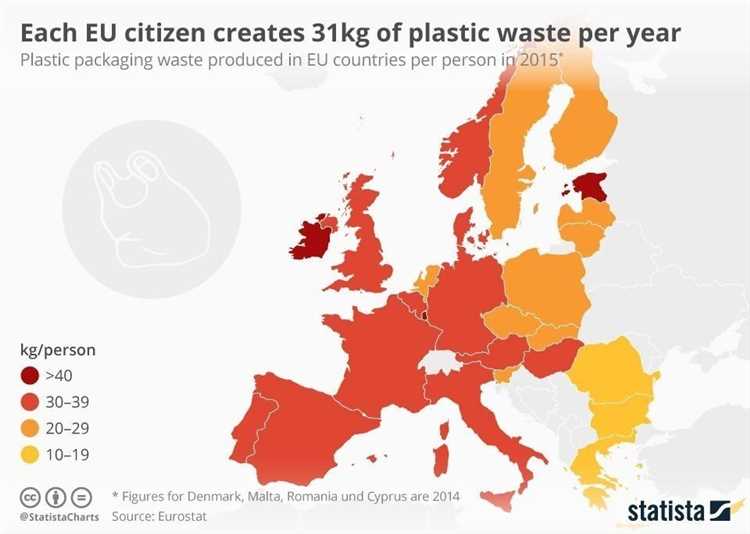
In addition to the EU directive, many European countries have implemented their own plastic bag bans. These bans restrict the use of single-use plastic bags, encouraging consumers to switch to reusable options. Some countries have also introduced charges for plastic bags to further discourage their use.
For example, countries like Italy, France, and Germany have implemented bans on lightweight plastic bags, while others, like Ireland and Denmark, have introduced charges for plastic bags that have significantly reduced their consumption.
These plastic bag bans have been successful in reducing plastic waste and promoting more sustainable alternatives, such as reusable bags made from natural materials or recycled plastics.
Other Plastic Waste Reduction Measures
Alongside the single-use plastics directive and plastic bag bans, Europe has implemented various other measures to reduce plastic waste.
For instance, the EU Waste Framework Directive promotes waste prevention and sets targets for the collection and recycling of plastics. It also encourages the use of eco-design principles and supports research and innovation in plastic recycling technologies.
Furthermore, some European countries have implemented bottle deposit systems, where consumers pay a small deposit that is refunded when they return the plastic bottles, encouraging recycling and reducing littering.
Overall, Europe has taken significant steps in regulating plastic and promoting a more sustainable approach. These regulations and initiatives are crucial in addressing the plastic waste problem and moving towards a circular economy.
Q&A:
Is plastic banned in Europe?
Yes, plastic is banned in Europe. The European Union has implemented various measures to reduce the use of single-use plastics and promote a shift towards more sustainable alternatives.
What is the plastic policy in Europe?
The plastic policy in Europe aims to reduce plastic waste and promote a transition to a circular economy. The European Union has banned certain single-use plastic items, implemented extended producer responsibility schemes, and set targets for plastic recycling and waste reduction.
Which single-use plastic items are banned in Europe?
Europe has banned several single-use plastic items, including plastic cutlery, plates, straws, stirrers, cotton buds, and certain food containers. The ban also applies to certain types of polystyrene products and oxo-degradable plastics.
What measures are being taken to reduce plastic waste in Europe?
Europe is taking several measures to reduce plastic waste. These include implementing plastic bag charges, promoting the use of reusable alternatives, improving waste management infrastructure, and encouraging the development of eco-design and recycling technologies.
Are there any penalties for not complying with the plastic policy in Europe?
Yes, there are penalties for not complying with the plastic policy in Europe. Member states of the European Union are required to implement and enforce the necessary measures to ensure compliance. Non-compliance can result in fines and other legal consequences.